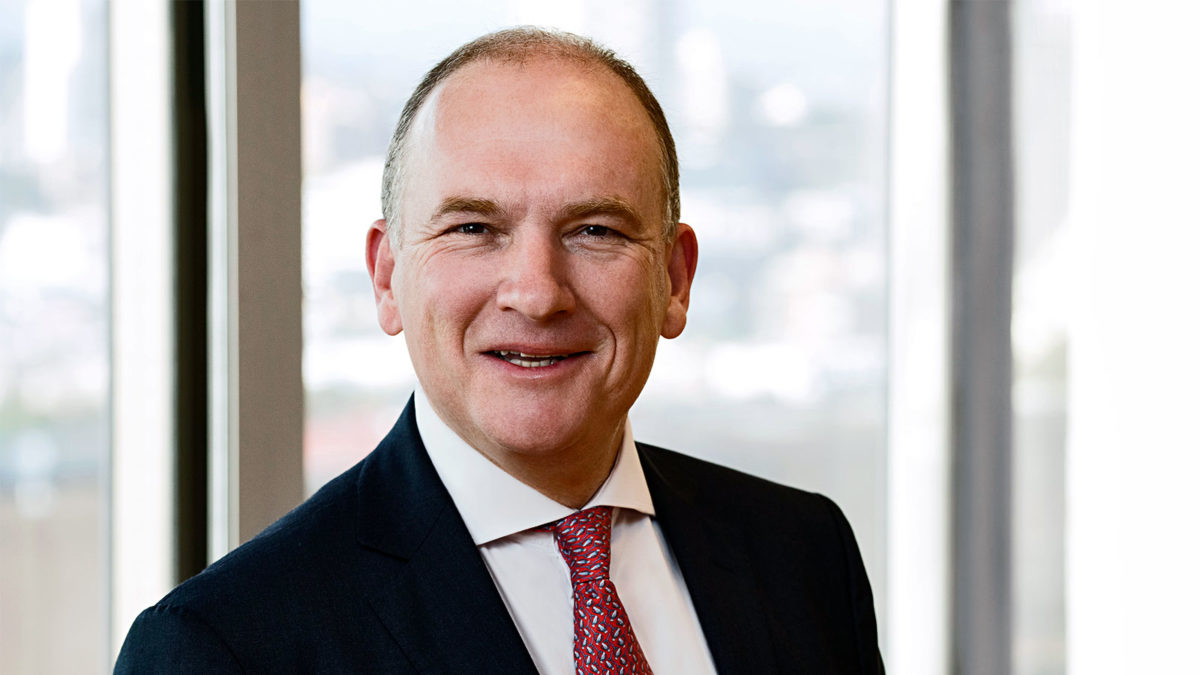Super takes lead on post-Covid M&A
Cashed-up industry funds are expected to be leaders leader in post-pandemic M&A activity as investors begin to see the light at the end of the Covid-19 tunnel.
While Fidelity anticipates that the Covid-19 pandemic has caused a structural shift in consumer and market behaviour, the increased certainty provided by reopening means that M&A activity will remain strong through 2022 – and industry funds will likely be the biggest players.
“(Industry super funds) obviously have a lot of cash and they’re long-term investors… for me, duration trade is a really important trade, so if you can look through these sorts of times you’re going to make a lot of money. If you can buy in a difficult periods but your horizon is 10 or 20 years, you want to be buying during difficult periods,” said Paul Taylor, Fidelity portfolio manager. “M&A activity is probably going to be pretty reasonable during this period.”
“M&A typically reflects prices and value and an ability to get that M&A done, which can happen through any sort of crisis – things happen that maybe wouldn’t happen in a normal market. Early on you don’t get a lot; it’s when you get a bit more certainty. We can see the light at the end of the tunnel; we don’t have perfect certainty but we’ve got a little more certainty and we’re going through that re-opening trade.
Indeed, one of the pandemic’s most interesting M&A plays has been the bid for Sydney Airport by a consortium of industry funds – including AustralianSuper and QSuper – which was initially knocked back as an opportunistic bid for an only slightly distressed asset. For many, the bid, along with Aware Super’s tilt at OptiComm, has heralded the arrival of big super as “king makers” in the M&A space (the fact that these assets are then taken private has also in part spawned the latest inquiry of the standing committee on economics).
But while M&A will remain strong, not everything is going to return to where it was pre-pandemic.
While the same pent-up demand that has existed since early 2020 will likely propel travel stocks to new heights – no surprises – the business side of the travel equation is different. Zoom has negated the need to fly halfway across the world for a business meeting, and a slew of net zero commitments means hopping on a jet that pumps tonnes of carbon into the atmosphere is also a tough sell.
“The whole ESG side is really gathering pace, and a large number of companies have prepared sustainability reports and are committing to net zero emissions. For businesses to achieve that net zero, they’re going to have to travel less and use Zoom more,” Taylor said. “It won’t eliminate face to face meetings but it will lower them.”
The pandemic has also favoured incumbents in consumer staples, with businesses like Woolworths and Coles gaining market share due to online shopping, which has eliminated the “double shop” for cheaper items at different outlets – which newcomer Aldi was one of the key beneficiaries of. That feeds into the ecommerce and digital delivery trends, which are now “well-entrenched” and will continue to gain ground post-reopening, as well as the move towards a cashless society, which has been accelerated by a general squeamishness around touching paper money.
“A lot of it is about habits; we’ve changed our habits,” Taylor said. “Are those habits going to stick when we go into the reopening trade, or will we go back to our old habits? So there’s a few question marks around that.”











